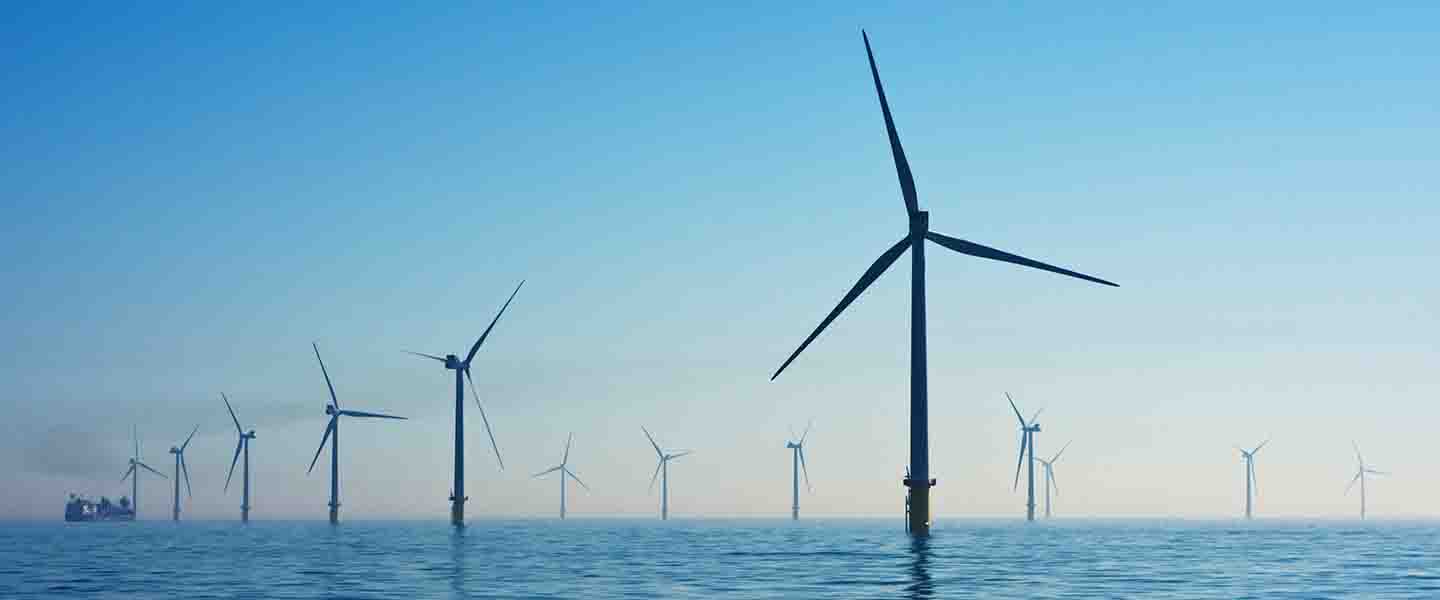
The European Sustainability Reporting Standards (ESRS) and the International Sustainability Standards Board (ISSB) are two organisations that are developing sustainability reporting standards. The ESRS are being developed by the European Commission, while the ISSB is an independent board that was created by the International Financial Reporting Standards (IFRS) Foundation.
The ESRS are expected to be mandatory for large companies in the EU starting in 2024. They are based on the concept of double materiality, which means that companies must disclose information about both the sustainability matters that are material to their financial performance and the sustainability matters that have a material impact on society.
The ISSB has already issued two exposure drafts: the General Requirements for Disclosure of Sustainability-related Financial Information (ISSB S1) and the Climate-related Disclosures (ISSB S2). These standards are based on the concept of financial materiality, which means that companies must disclose information about sustainability matters that are likely to have a material impact on their financial performance.
The ESRS and ISSB are working together to ensure that their standards are compatible. This will help to reduce the burden on companies that are required to comply with both sets of standards.
Here are a list summarising the key differences between the ESRS and ISSB standards:
Released Standards
| ESRS | ISSB |
General standards:
|
General requirements:
|
Reporting Entities
ESRS: Only companies that are obliged by the EU Accounting Directive (Directive 2013/34/EU) is subjected to ESRS:
- Companies previously subject to the Non-Financial Reporting Directive (NFRD) (namely, large listed companies, large banks and large insurance companies), and listed EU parent of large group companies, each, with more than 500 employees on average during the financial year;
- Other large companies, including other listed EU parent of large group companies. Large companies: Defined under Article 3(4) of the Accounting Directive, which are undertakings (other than item (i)(a) above) exceeding at least two of the following three criteria on their balance sheet dates: (x) balance sheet total: EUR 20 million; (y) net turnover: EUR 40 million; and (z) average number of employees during the financial year: 250. Large group companies: Parent undertakings (other than item (i)(b) above) of a large group defined under Article 3(7) of the Accounting Directive, which exceed at least two of the following three criteria on the balance sheet date of the parent: (x) balance sheet total: EUR 20 million; (y) net turnover: EUR 40 million; and (z) average number of employees during the financial year: 250.
- Listed small and medium-sized enterprises (“SMEs”), including non-EU listed SMEs. Small enterprises: Small undertakings defined under Article 3(2) of the Accounting Directive, which on their balance sheet dates do not exceed the limits of at least two of the following three criteria: (x) balance sheet total: EUR 4 million; (y) net turnover: EUR 8 million; and (z) average number of employees during the financial year: 50. Medium enterprises: Medium-sized undertakings defined under Article 3(3) of the Accounting Directive, which are not micro-undertakings or small undertakings and which on their balance sheet dates do not exceed the limits of at least two of the following three criteria: (x) balance sheet total: EUR 20 million; (y) net turnover: EUR 40 million; and (z) average number of employees during the financial year: 250.
- Non-EU companies that generate over EUR 150 million per year in the EU and that have in the EU either a branch with a turnover exceeding EUR 40 million or a subsidiary that is a large company or a listed SME.
ISSB: Voluntary adoption by entities (unless required by jurisdictions) are required or choose to prepare general purpose financial statements, regardless of their size, location, industry, or listing status.
The adoptions of IFRS standards have always been not without changes. Some countries or economic blocs, such as the European Union, have adopted IFRS with some modifications or exceptions. Other countries, such as the US, Japan, China and Russia, have not fully adopted IFRS or are still in the process of convergence.
For example, while ISSB had been intended for application on corporates regardless of size or other qualification, SIngapore had (or will be) rolling out the adoption of ISSB to listed companies and large private companies. The latter being those with an annual revenue of SG$1bn or more in 2027. However, there is a stated intention to enlarge the pool of covered reporting entities by gradually lowering the minimum annual revenue benchmark.
Where to report
ESRS: In a dedicated section of a reporting entity’s management report, which is an integral part of the general-purpose financial reporting.
ISSB: As part of a reporting entity’s general-purpose financial reporting. It was not specified where sustainability-related disclosures may be placed within the general-purpose financial report.
Targeted audience or users
ESRS mainly caters to a wider spectrum of users. From users of general-purpose financial reporting to reporting entity’s business partners, trade unions and social partners, civil society and non-governmental organisations, governments, analysts and academics.
ISSB has a narrower target users. Only users of general-purpose financial reporting - e.g. existing and potential investors, lenders and other creditors.
Mandatory or voluntary disclosure
ESRS is mandatory and is directly applicable in all EU member states.
ISSB remains to be a voluntary reporting unless applicable jurisdictions decide to make the standards mandatory e.g. Singapore.
Materiality
ESRS adopts a concept of "double materiality”, i.e., in-scope company to report both on its impacts on people and the environment (“Impact Materiality”), and on how social and environmental issues create financial risks and opportunities for the company (“Financial Materiality”).
ISSB only concerns itself to "financial materiality" - which are information that are on sustainability matters that are likely to have a material impact on their financial performance.
Reporting structure
ESRS reports along topics of Governance, Strategy, Impact, risk and opportunity management and Metrics & targets.
- Governance: the governance processes, controls and procedures used to monitor, manage and oversee impacts, risks and opportunities.
- Strategy: how the reporting company’s strategy and business model interact with its material impacts, risks and opportunities.
- Impact, risk and opportunity management: the process(es) by which the company: (i) identifies impacts, risks and opportunities and assesses their materiality; and (ii) manages material sustainability matters through policies and actions.
- Metrics and targets: the company’s performance, including targets it has set and progress towards meeting them.
ISSB aligned with Taskforce on Climate-related Financial Disclosures (TCFD) architecture explicitly:
- Governance
- Strategy
- Risk management
- Metrics and targets
Applicability & transition reliefs
ESRS:
- Allowing companies to omit information if it is not relevant in their particular circumstances
- Phasing-in certain reporting requirements.
- Making a limited number of reporting requirements voluntary instead of mandatory.
- Proportionate reporting regime for listed SMEs (for example, streamlined and less demanding standards, and postponed compliance date until financial year 2026, with the possibility of an additional two-year opt-out after that).
- Simpler, voluntary standards for use by non-listed SMEs.
ISSB:
- When identifying sustainability-related risks and opportunities, determining the scope of the value chain, and disclosing anticipated financial effects of sustainability-related risks and opportunities, a reporting entity only needs to consider “reasonable and supportable information that is available to the entity at the reporting date without undue cost or effort”.
- Certain transition relief in the first year of reporting
Value-chain reporting
ESRS: An entity is required to disclose information about sustainability-related risks, opportunities and impact throughout its upstream and downstream value chain, which means that ESRS reporting entities may require ESG data from non-EU companies in their value chain, even if such companies themselves are not subject to ESRS reporting.
ISSB: An entity is required to disclose information about sustainability-related risks and opportunities throughout its value chain, which means ISSB reporting entities may require ESG data from companies in their value chain, even if such companies themselves are not subject to ISSB reporting.
Assurance
ESRS: Required to be assured by an independent third party.
ISSB: Not required, but open to assurance, because the ISSB Standards consider possible challenges and complexities for the assurance process. However, this remains in the hands of each jurisdictions when they implement ISSB into their reporting rituals e.g. In Singapore, disclosing entities are required to acquired "limited assurance" on their report 2 years after their first disclosure - which for listed companies would be in 2027.
Interoperability
| ESRS | ISSB |
|
ESRS aligns with the Sustainability Accounting Standards Board (SASB) Standards through the above interoperability with the ISSB Standards. In terms of Financial Materiality, ESRS took the approach of trying to integrate the ISSB Standards into ESRS. However, ESRS also provides additional information on Impact Materiality, which is relevant for users other than investors. TCFD is a useful foundation for ESRS, but ESRS additionally include topical standards other than climate-related information, and, due to the double materiality approach, ESRS additionally require information about impact and opportunity management. ESRS tried to ensure a high level of alignment with the Global Reporting Initiative (“GRI”), which also adopts a double materiality approach. However, ESRS covers more Financial Materiality topics than GRI. |
Companies are required to apply SASB Standards in identifying their industry-specific sustainability-related risks and opportunities. Jurisdictions applying the ISSB Standards may refer to GRI to add additional Impact Materiality-related building blocks in order to meet broader multi-stakeholders’ needs. |
Timetable
| ESRS | ISSB |
|
Companies are required to start reporting under ESRS according to the following timetable:
|
Entities shall apply the ISSB Standards for annual reporting periods beginning on or after January 1, 2024, but earlier application is permitted. For the first annual reporting period, non-climate disclosure, Scope 3 emission disclosure, and if conditions met, application of Greenhouse Gas Protocol are not required.
|





